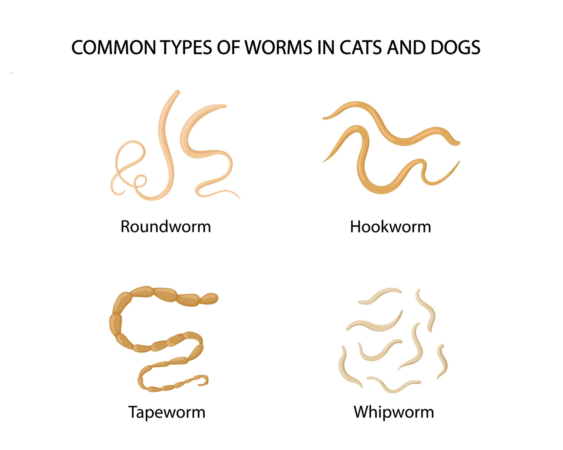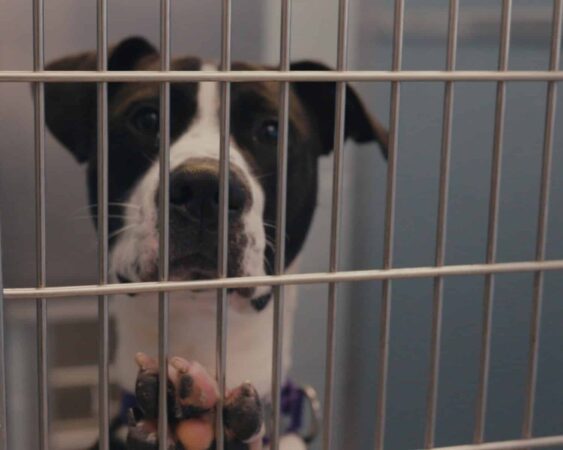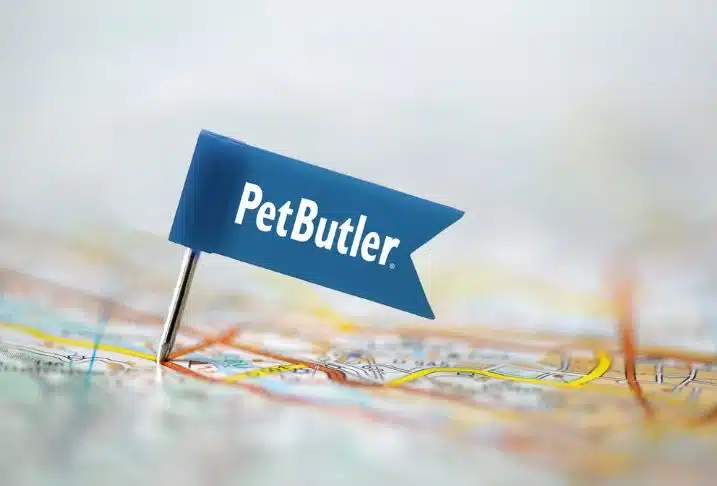Wellness Guide
Welcome to our Pet Wellness Guide! Our in-house clinical consultant, Dr. Lisa has been working with Pet Butler to help keep pet owners up to date on the latest pet wellness news!

Pet Wellness Categories

Understanding Intestinal Parasites in Dogs
Roundworms What are roundworms? Roundworms describe a many different worm parasites. The most common dog…

Dog DNA Testing
From Ancestry to Health Insights Utilizing only a tiny fraction of your dog’s DNA, emerging…

The Importance of Spaying and Neutering Your Pet
Over the past few decades, veterinary medicine has witnessed remarkable advancements: injectable long-acting antibiotics, DNA…

The Lifesaving Mission of Animal Shelters and Dog Adoption
The Role of Animal Shelters and Rescues Animal shelters and rescues play a crucial role…

Nutritional Enrichment for a Happy Pup
Nutritional Enrichment and Your Dog’s Instincts Nutritional enrichment enhances your dog’s quality of life by…

Social Enrichment: The Importance of Socializing Your Dog
It’s easy to envision our furry friends living a life of leisure. With many toys,…

The Pet Parent’s Checklist: How to Assess Your Pet’s Health in Minutes
Why It’s Good to Keep Tabs on Your Furry Friend’s Health Proper diet, exercise,…

Puppy Playtime: How to Keep Your Pet Active and Engaged
The First 48 Hours Welcoming a new puppy can be both exhilarating and chaotic. In…

The Ultimate Guide to Keeping Your Senior Dog Active and Healthy
The Key to Aging Well We often wonder what we can do to help our…

Find Your Local Butler
With locations across the country, you can find a Pet Butler near you.